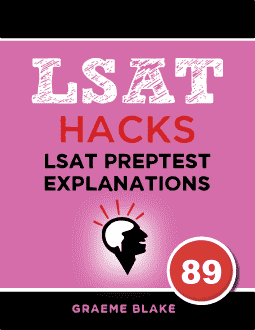QUESTION TEXT: If a garden does not receive plenty of water and sunlight…
QUESTION TYPE: Flawed Reasoning
CONCLUSION: Patricia’s garden will be productive.
REASONING: Gardens cannot be productive if they are not planted in rich soil and receive plenty of water and sunlight. Patricia’s garden is in rich soil and gets plenty of water and sunlight.
ANALYSIS: This is, by far, the number one flaw you’ll see on the LSAT. Something can be necessary to produce an outcome, but not be able to produce it on its own.
Here’s an example: A being cannot vote in American federal elections if it is not human. My 6 month old son is human, so he can vote in the upcoming federal election.
It’s true that only humans can vote, but that doesn’t mean every human can vote. Same is true for the garden.
___________
- The meaning of the word ideal does not need to be clarified. An area that is ideal for receiving water and sunlight will receive plenty of water and sunlight.
- There is no cause/correlation inference in this passage.
- The author is not confusing a cause with its effect here. The correct answer is a different error.
- CORRECT. See above.
- The author is not relying on an unrepresentative sample. We’ve been told that all productive gardens must have certain criteria met. This is not an unrepresentative sample.
Recap: The question begins with “If a garden does not receive plenty of water and sunlight”. It is a Flawed Reasoning question. Learn more about LSAT Flaw questions in our guide to LSAT Logical Reasoning question types.


Leave a Reply